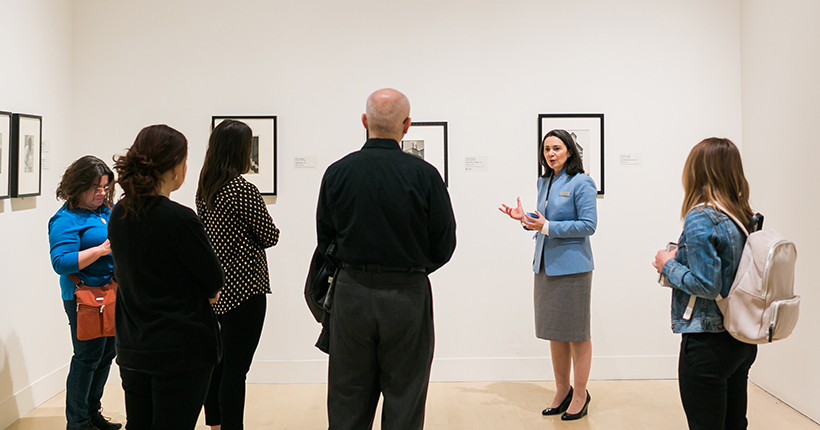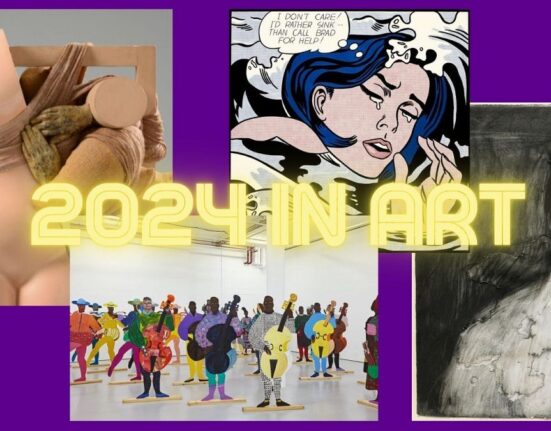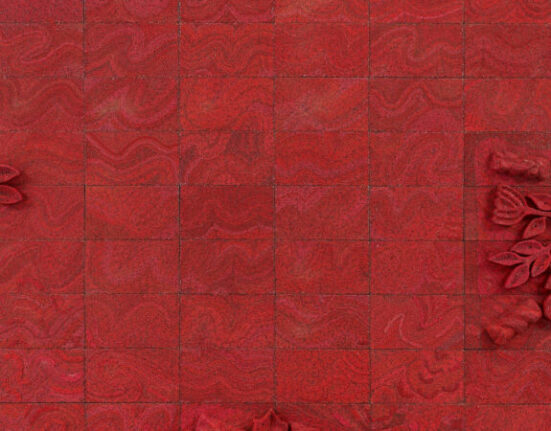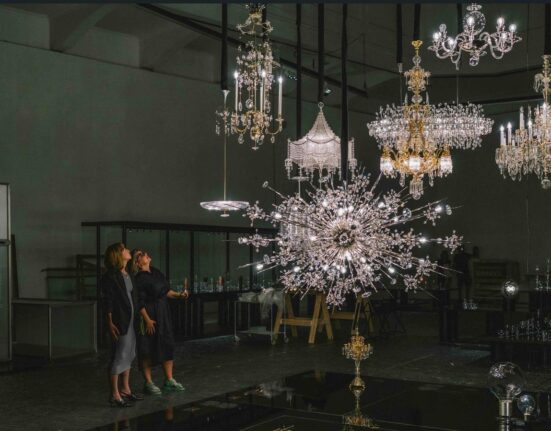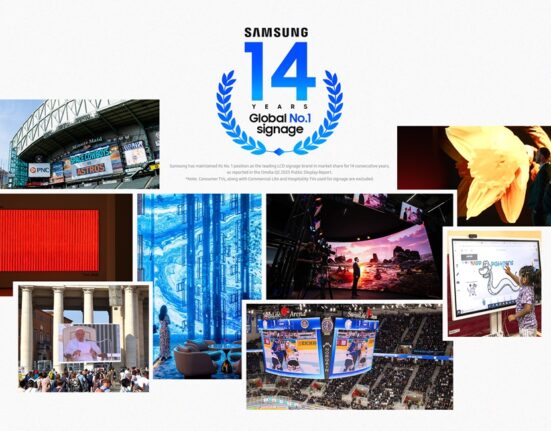The Milwaukee Art Museum has established the Isabel and Alfred Bader European Art Program Endowment Fund. The Endowment Fund bolsters the Museum’s ability to serve as an essential civic, cultural, and educational resource for its community, including providing permanent support for the Museum’s Isabel and Alfred Bader Curator of European Art. Additionally, the gift supports the exhibition Art, Life, Legacy: Northern European Paintings in the Collection of Isabel and Alfred Bader, opening in September 2023, which features more than 75 exquisite Dutch and Flemish masterpieces, including works by Rembrandt van Rijn and Jan Lievens, that the Baders assembled in Milwaukee.
This fall, the Museum is organizing the exhibition Art, Life, Legacy: Northern European Paintings in the Collection of Isabel and Alfred Bader, the only U.S. presentation of more than 75 artworks from the Baders’ extraordinary collection of Dutch and Flemish masterpieces of the Baroque period. On view September 2023 through January 2024, exhibition highlights include:
- “Head of an Old Man in a Cap,” a luminous character study completed by Rembrandt van Rijn ca. 1630, one of five artworks in the exhibition by or attributed to the Dutch master
- “The Angel with Manoah and his Wife,” an indelibly moving painting completed by Rembrandt’s early teacher Pieter Lastman in 1617
- “Profile Head of an Old Woman (‘Rembrandt’s Mother’),” ca. 1630, a virtuosic character study by Rembrandt contemporary Jan Lievens, whose work the Bader collection holds in depth
- “Still Life with a Wanli Sugar Bowl,” completed by Willem Kalf ca. 1678, which immortalizes the luxurious global commodities coveted by the newly affluent Dutch merchant class, including silver, porcelain, shells, and textiles
- “Landscape with Tobias and the Angel, with a View of Antwerp in the Background,” an intimate religious scene subsumed within a radiant depiction of the countryside around the city of Antwerp, completed by Gillis Neyts in the 1660s
Organized in part around key themes drawn from Alfred Bader’s life story, including generosity, sacrifice, struggle, family, and faith, the exhibition will also spotlight current scholarship on topics such as the Dutch role in colonial expansion and identity in the Dutch Republic, and will be accompanied by robust public programming and a scholarly catalogue. Bader Philanthropies is the presenting sponsor of the exhibition in Milwaukee. Subsequently, the collection will return to its permanent home at Canada’s Queen’s University Agnes Etherington Art Centre.
“Bader Philanthropies is proud to create this Endowment Fund so that Milwaukee residents and visitors can continue to experience and learn from the European art collection that Isabel and Alfred helped build,” stated Daniel J. Bader, President/CEO of Bader Philanthropies. “My family derived great satisfaction from supporting and working alongside the staff of the Milwaukee Art Museum. We look forward to inviting the public to share Isabel and Alfred’s love for art through the Museum’s forthcoming exhibition of many treasured works from their collection, as well as through the ongoing educational outreach and exciting art-historical discoveries that the Endowment Fund supports.”
As a young man, Dr. Alfred Bader, who was Jewish and born in Vienna, escaped Nazi persecution through the Kindertransport program, which evacuated him from Austria to England. A year later, he was deported from England to Canada, where, following internment in a prisoner-of-war camp, he began his undergraduate studies at Queen’s University. After completing advanced studies in organic chemistry at Harvard University in 1950, he settled in Milwaukee, finding tremendous success as a chemist and business magnate. He became a member of the Milwaukee Art Museum in 1952 and soon became a leading figure in the Museum’s European art program, lending his considerable insight as a member of the museum’s Advisory Council beginning in 1967 and planning memorable exhibitions like The Bible Through Dutch Eyes (1972).
In 1982, Alfred Bader married Dr. Isabel Bader, an Ontario-born teacher who viewed education as a powerful tool for improving the quality of life throughout her community and championed the fundamental importance of increasing access to the arts. During their decades-long philanthropic relationship with the Museum, the Baders significantly expanded the Museum’s holdings of 17th-century Dutch and Flemish paintings, contributed important loans to Museum exhibitions, and guest curated The Detective’s Eye: Investigating the Old Masters (1989).

